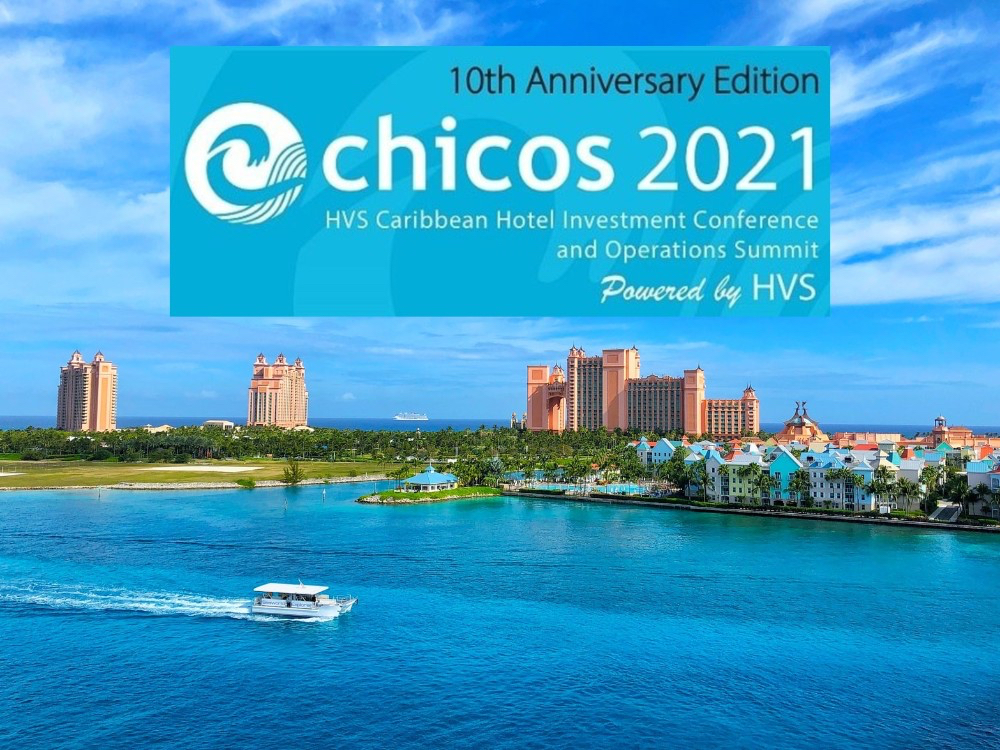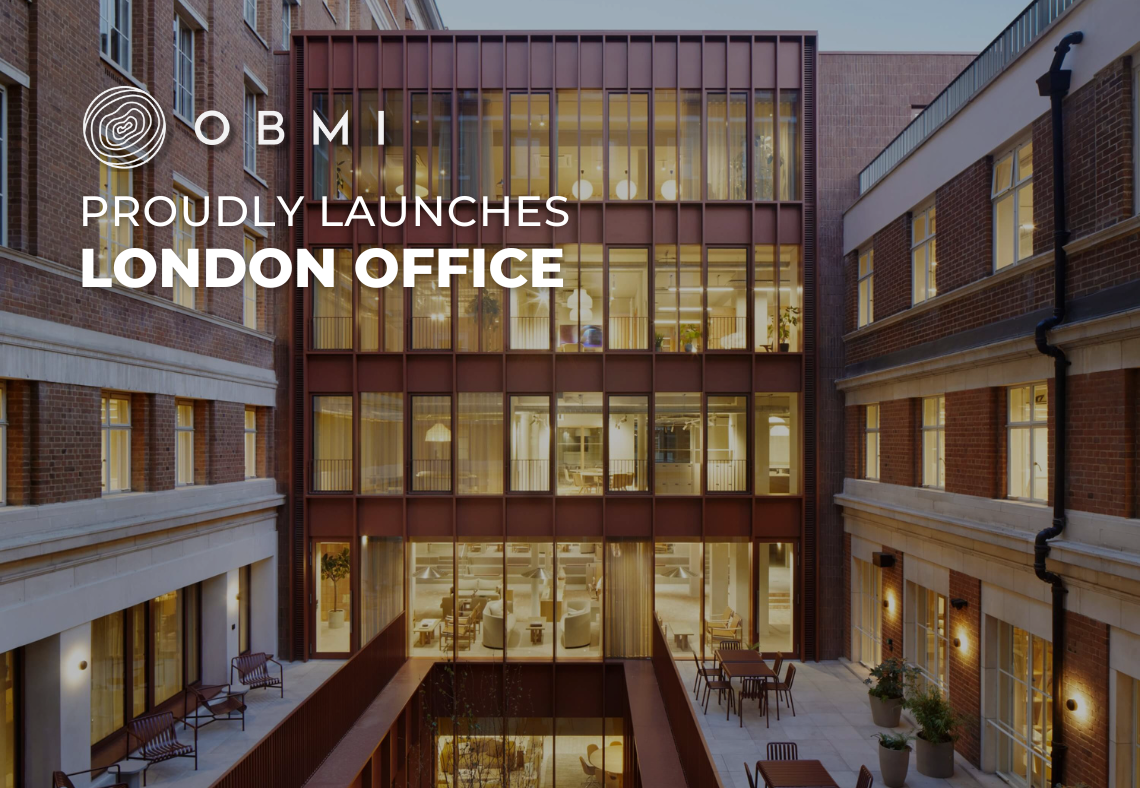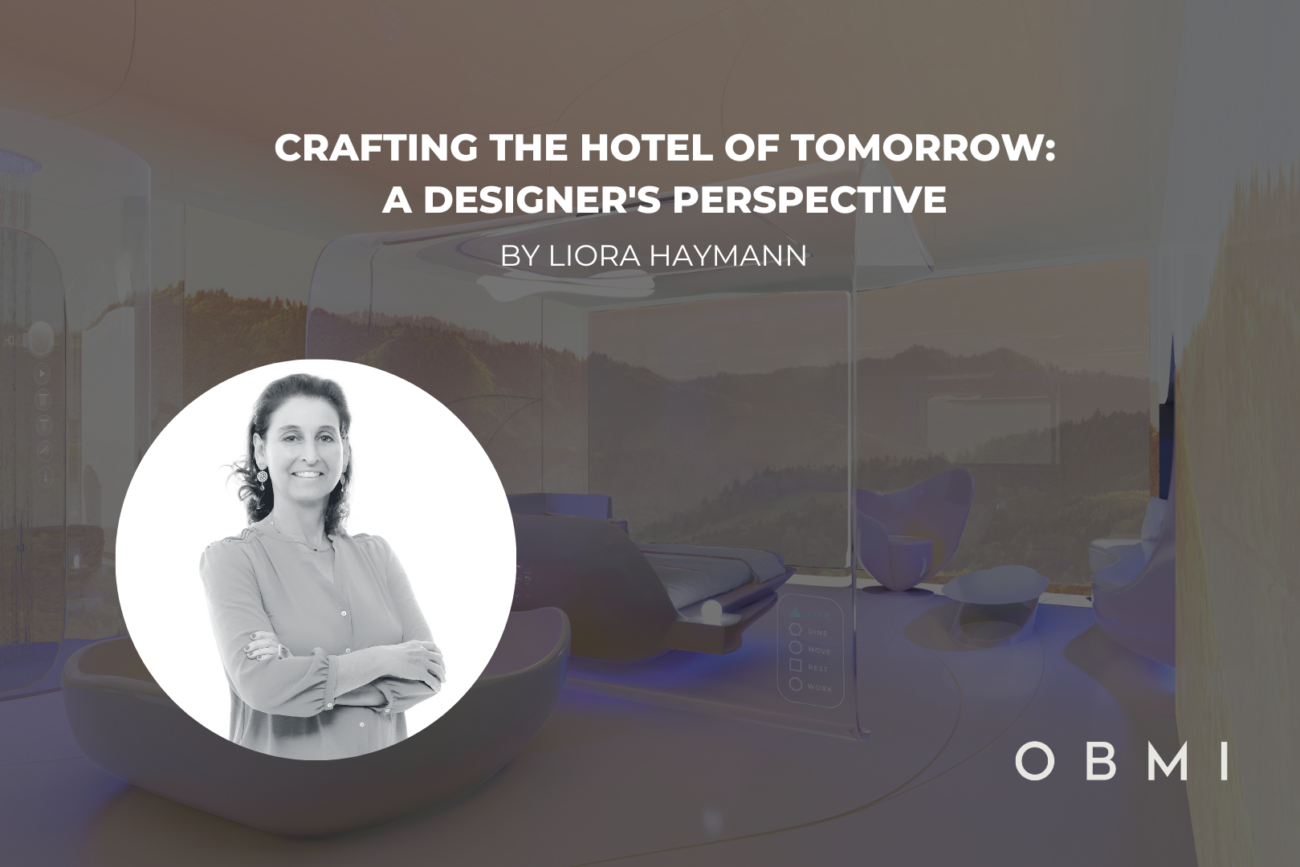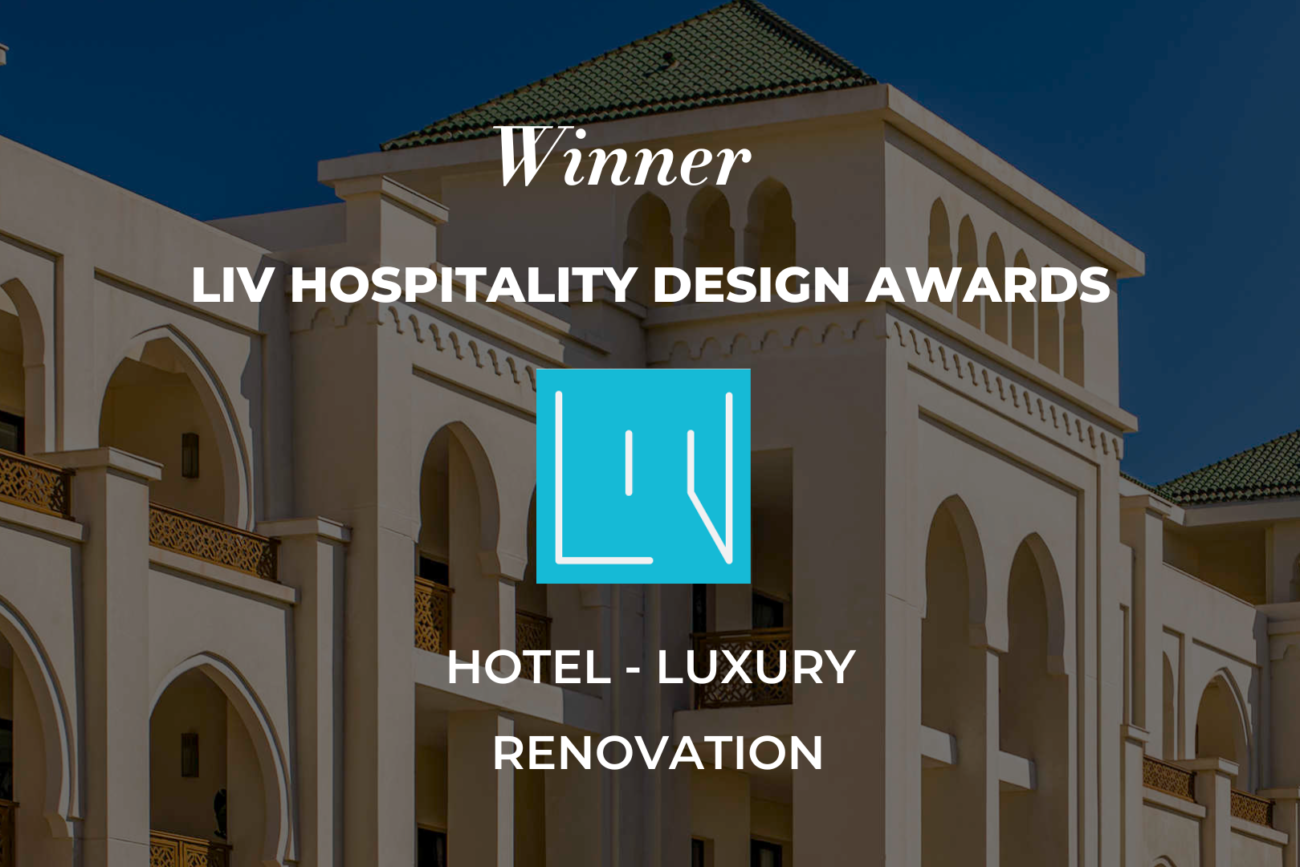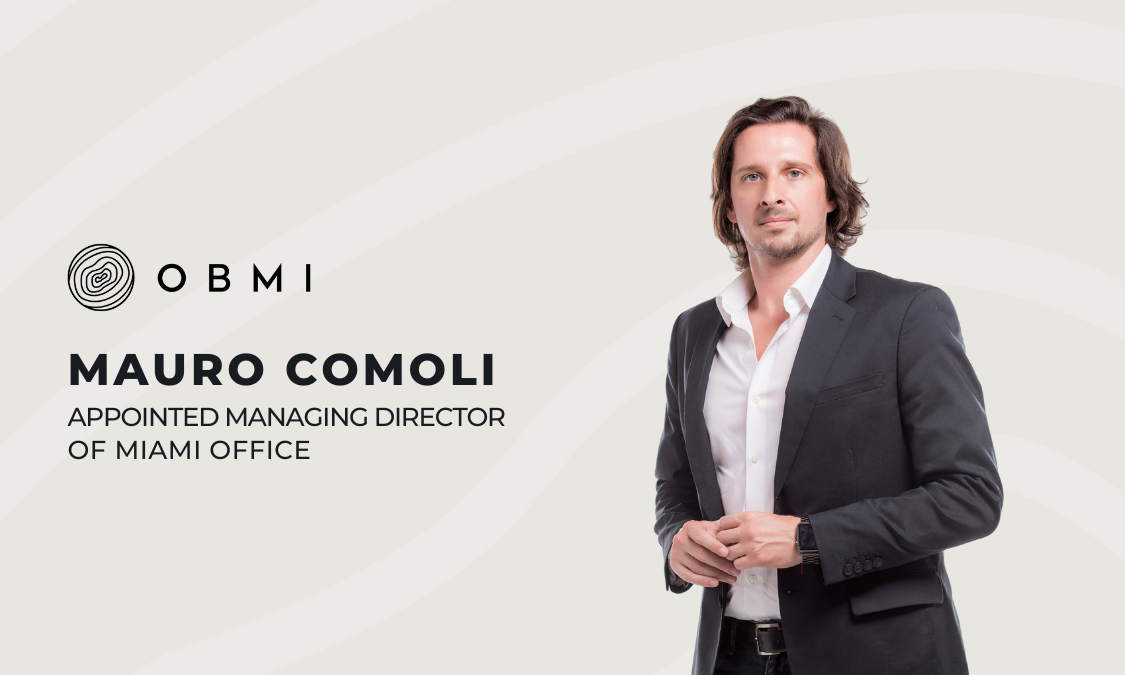A BLUEPRINT FOR THE CARIBBEAN’S NEXT ERA OF TRAVEL
Hoteliers & Designers Draw On Year of Innovations to Envision Future of Caribbean Tourism
For the first time in two years, the Caribbean Hotel & Investment Operations Summit (CHICOS) gathered hospitality leaders and key players across the region at the current and future state of hospitality in the Caribbean at the Grand Hyatt Baha Mar. The recently concluded conference permeated a strong sense of hope and optimism following reports of steady growth in Caribbean tourism and across the leisure sector. Over 200 attendees, including hotel operators, investors, developers, tourism executives, industry professionals, and government officials, joined CHICOS, enjoying invaluable networking, fresh opportunities, and solutions to challenges facing islands and businesses alike regarding hotel investment development.
Supporting the 10th edition of the annual event, the leading architectural design firm, OBMI, was pleased to be a sponsor and contribute to engaging discussions surrounding rising trends in the luxury segment and the top strategies for hotel design and construction in the region across two panels. The notable conversations featuring OBMI Senior Lead Designer Andres Osorio and OBMI Senior Business Development Manager Jimmy Sinis provided valuable insight to attendees on the region’s markets and possibilities while analyzing key trends that can impact investment decisions.
Following the significantly disrupted year of tourism and the Caribbean economy, reports in 2021 show increasing numbers of travelers to the Caribbean, especially from North America. Broadly, the most notable hotel performance improvements during the recovery so far have been in Leisure at the higher end of the scale HVS Managing Director Parris Jordan and STR Senior Vice President of Marketing and Business Development Vail Ross.
LUXURY LEADS RECOVERY
In the Luxury and Mixed-Use Panel moderated by Jimmy Sinis of OBMI, the audience was able to see how industry executives are managing and planning for the changes long-term. A focus on differentiation, service, and experiences were echoed among panelists: Camilo Bolanos Hyatt Hotels Vice President, Development and Real Estate; Bojan Kumer, Marriott International Vice President of Development CALA Region; Pablo Maturana, Hilton Hotels Director of Development – CALA Region; Todd Ruff, Mandarin Oriental Hotel Group VP of Development; and Michel Neutelings, Milo Group Parter. Further driving service as a key marker between luxury vs. lifestyle properties, panelists encouraged hoteliers that face-to-face guest experience must be elevated for each opportunity.
This interruption also caused hotel developers and operators on acquisitions and asset management, prioritizing renovations with resiliency and local resourcing in mind. Additionally, many hoteliers have been looking to the all-inclusive model over the past year to minimize exposure for guests and staff; the one question remained, is all-inclusive possible for luxury brands? The answer is complicated, as the steep price of a luxury hotel is already a determining factor but cannot be ruled out. One thing is sure, physical and environmental health has become the top priority for travelers. As Michel Neutelings of Milo Group explained, all hospitality companies will need to begin, or continue to, implement these practices into their brand mission.
DESIGNING A SUSTAINABLE & RESILIENT FUTURE
Themes of sustainability and resiliency carried over into the Hotel Design and Construction: Challenges and Opportunities in a Changing World panel. Experts, including Tom Burdeshaw Principal, Places Discovered Architect; Henrik Gedde Moos General Manager Aq Sol; Juan Mosseri Sales Manager E-Finity Distributed Generation; and Andres Osorio OBMI Lead Designer Hospitality, outlined key environmental, social, and governance systems as developer and owner top priorities that will allow for a more sustainable impact such as composting, farm-to-table options, and new forms of energy and electricity.
Answering the call for reduced carbon emissions and resiliency, OBMI Lead Designer Andres Osorio highlighted that a building’s positioning on the site could mitigate or improve responses to the natural elements. Specifically, for those looking to reduce operational costs for air conditioning systems, the design should minimize sun exposure on east and west facades – when not possible, add protective devices such as trellises, big overhangs, screens, pergolas, etc. – trying to minimize heat gain. To take advantage of the Caribbean’s cooling breezes, passive design should be explored to capture the prevailing winds to create an efficient and effective cross-ventilation system, minimizing cooler costs. Another method that enhances human comfort and well-being is by integrating courtyards featuring water features and gardens, becoming their microclimate of wellness.
Noting OBMI’s 85-year of expertise designing in the Caribbean, Osorio noted energy conversation could be increased through the treatment of your building envelope. In the architectural firm’s experience, the best practice has been airtight insulated buildings – where roof, walls, windows, and doors are insulated –green roofs are also great for energy conservation and heat repellence, as well as resiliency to reduce effects of rising sea levels and strong hurricane force winds.
To close the conference, it was clear we are entering a new era of travel – how we travel, how we stay, how we pay, they all are different and evolving. As leaders in hospitality, there were lessons learned, such as a joint effort between governments and the private tourism sector being key to making tourism in the Caribbean more resilient against climate change, as seen with the response to the pandemic. And further, the spirit of the Caribbean with its exquisite natural surroundings, people, and heritage will continue to be attractive to investors as a leading destination for the world’s best hotels and resorts as long as we continue to leverage protect and enhance our island environments for generations to come.
To learn more about OBMI and leading Caribbean design strategies, please contact [email protected].



